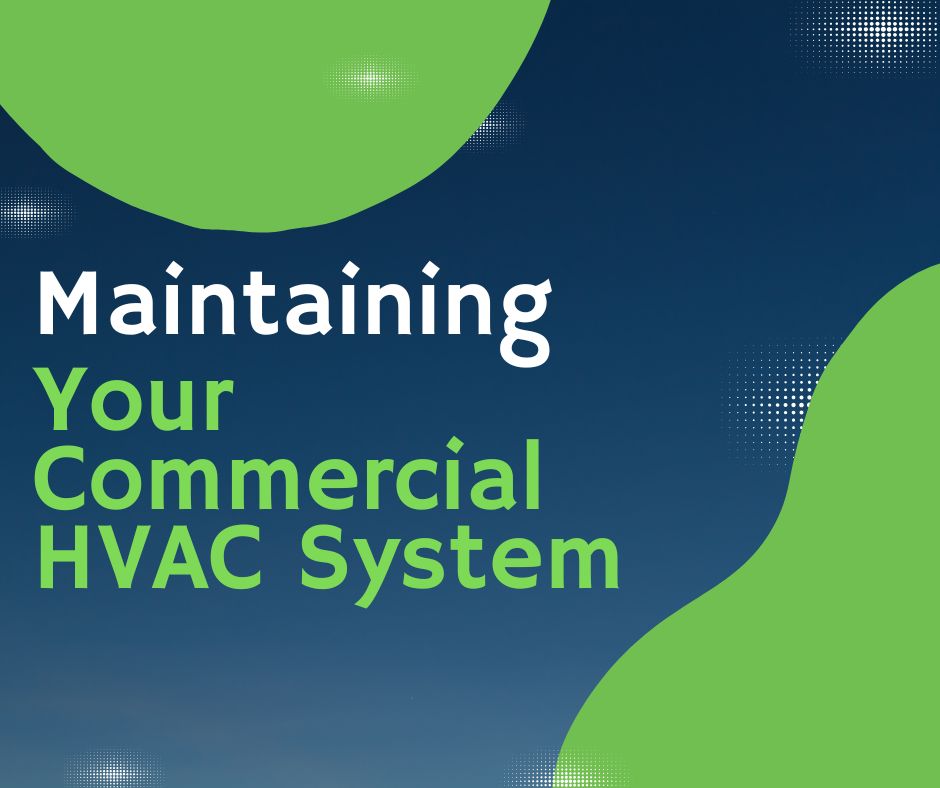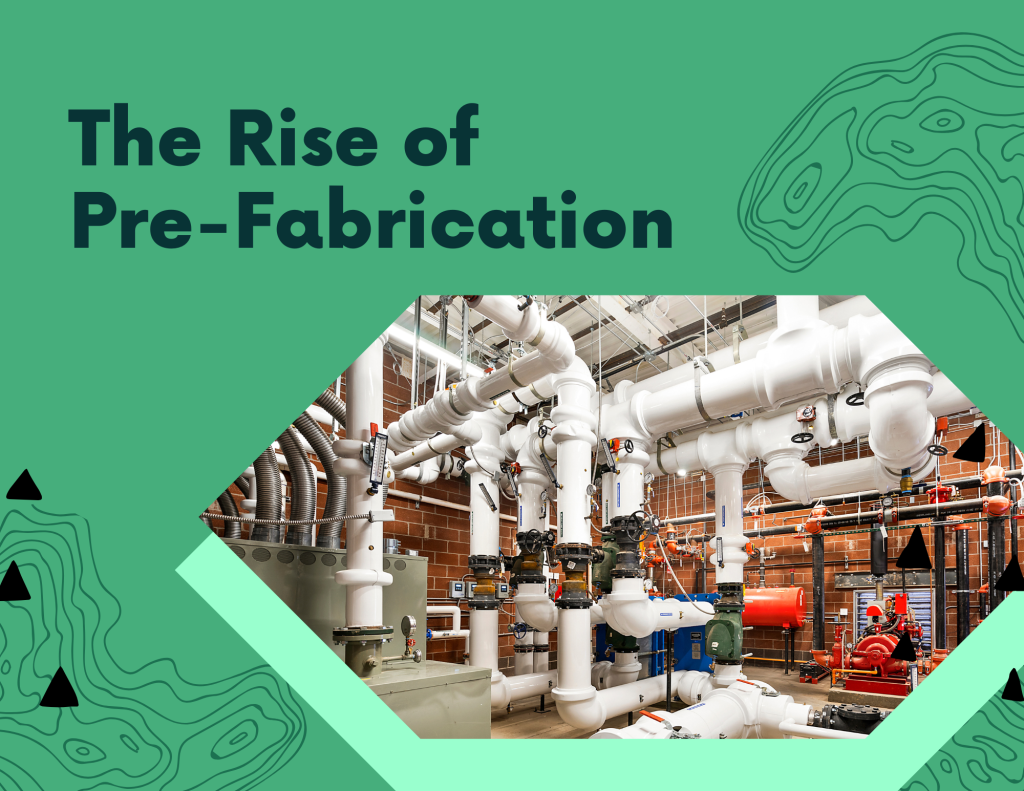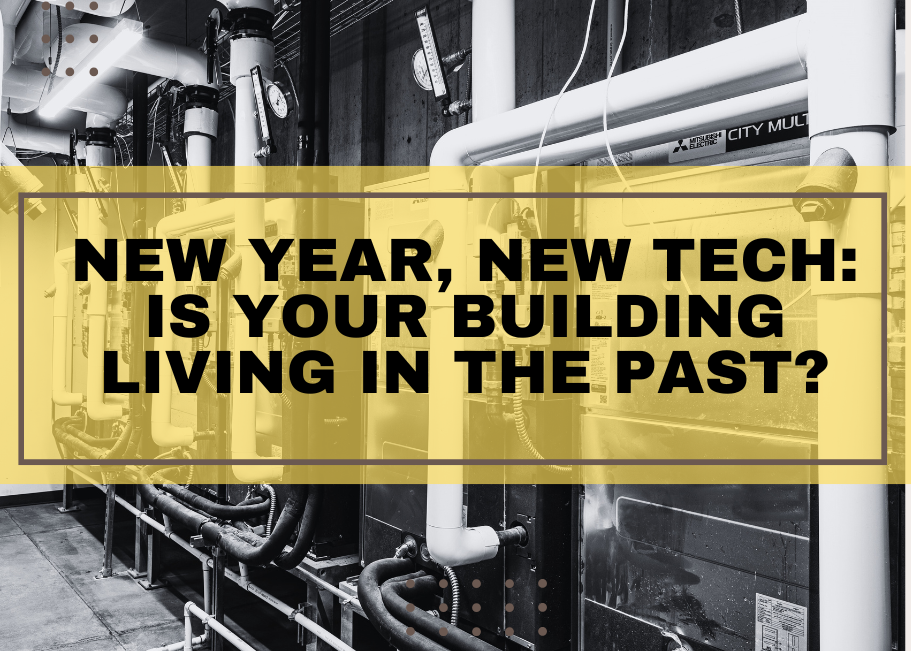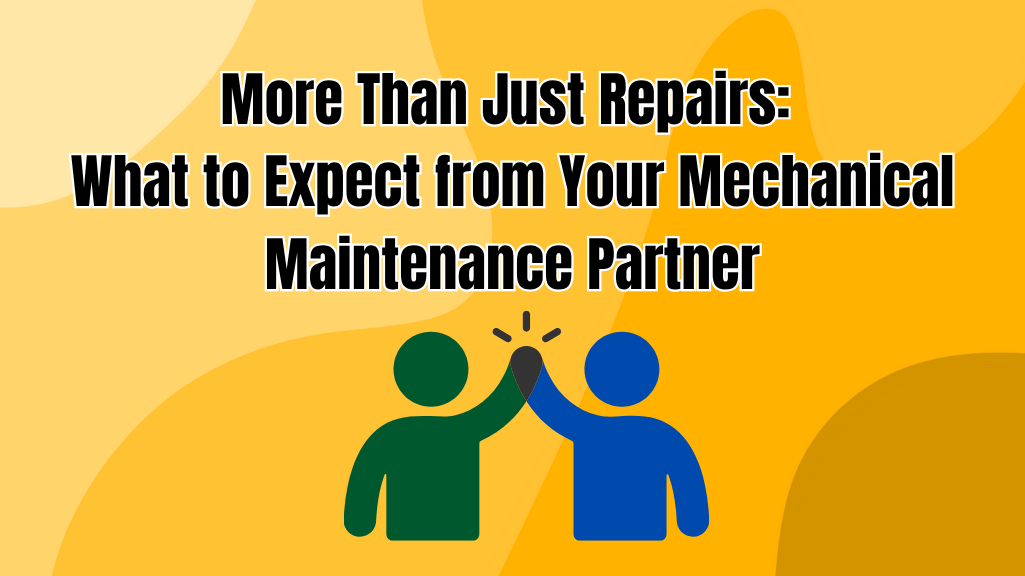May 27, 2025
Maintaining Your Commercial HVAC System
The Importance of Proactive Maintenance
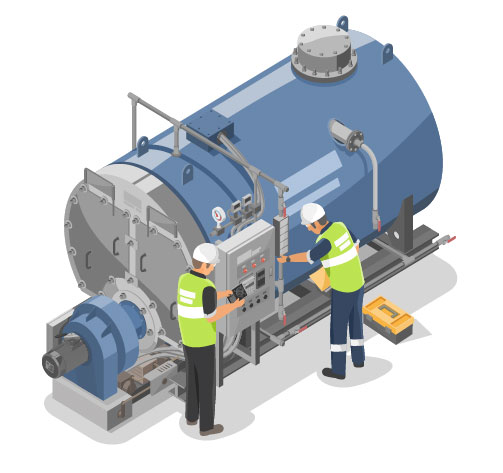
Commercial HVAC systems are complex and require regular maintenance to function efficiently and avoid costly breakdowns. Proactive maintenance is key to ensuring the longevity of your system, optimizing energy efficiency, and maintaining a comfortable indoor environment. Waiting for a problem to arise before addressing it often leads to more extensive repairs, increased downtime, and higher operational costs.
Key Components of Year-Round HVAC Maintenance
Maintaining a commercial HVAC system isn't a one-time task; it's a continuous effort.
Here's a breakdown of what that entails throughout the year:
- Regular Inspections: Professional technicians should conduct comprehensive inspections biannually, ideally before the peak heating and cooling seasons. These inspections involve checking all components, including coils, compressors, fans, motors, and ductwork, for wear and tear, damage, or potential issues.
- Filter Replacement: This is one of the most straightforward yet crucial maintenance tasks. Dirty filters restrict airflow, reduce efficiency, and lead to poor indoor air quality. Commercial HVAC filters should be checked quarterly and replaced every 1-3 months, depending on the system's usage and environmental factors.
- Coil Cleaning: Evaporator and condenser coils can accumulate dirt and debris, hindering heat transfer and reducing efficiency. Professional cleaning of these coils should be part of your routine maintenance, typically annually or semi-annually.
- Refrigerant Level Checks: Low refrigerant levels can indicate a leak and lead to reduced cooling capacity and increased energy consumption. Technicians should check refrigerant levels and address any leaks promptly.
- Refrigerant Level Checks: Low refrigerant levels can indicate a leak and lead to reduced cooling capacity and increased energy consumption. Technicians should check refrigerant levels and address any leaks promptly.
- Calibration of Thermostats and Controls: Accurate temperature control is vital for comfort and energy efficiency. Thermostats and building automation systems (BAS) should be calibrated regularly to ensure they are functioning correctly.
- Lubrication of Moving Parts: Motors and fans have moving parts that require lubrication to prevent friction and wear. This helps extend the life of these components and ensures smooth operation.
- Drain Pan and Condensate Line Cleaning: Clogged drain pans and condensate lines can lead to water damage, mold growth, and system shutdowns. Regular cleaning and flushing are necessary to prevent blockages.
- Operational Checks: Monitor your HVAC system's performance throughout the year. Listen for unusual noises, check for inconsistent temperatures, and be aware of any strange odors. Early detection of issues can prevent them from escalating.
By embracing a proactive and comprehensive approach to commercial HVAC maintenance, building owners and managers can ensure the comfort of their occupants, reduce operational costs, and extend the lifespan of their critical building systems. Don't wait for a problem to arise – invest in year-round maintenance and enjoy the benefits of a reliable and efficient HVAC system.
